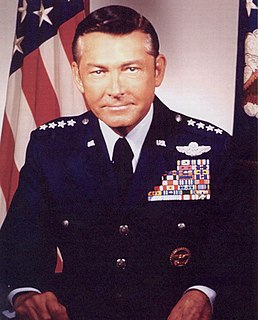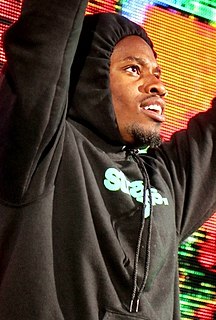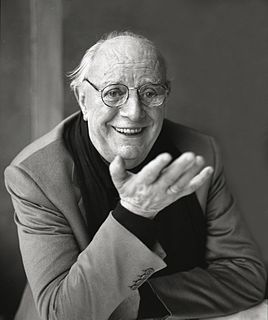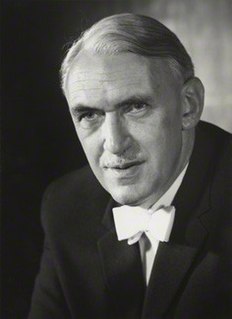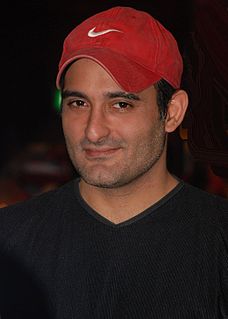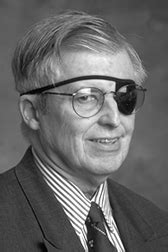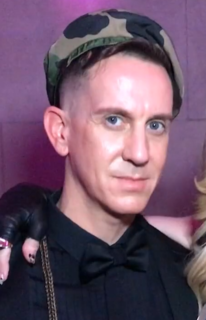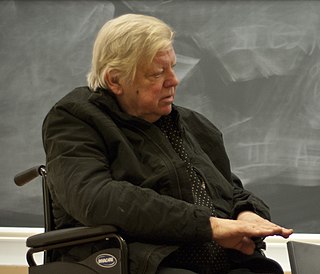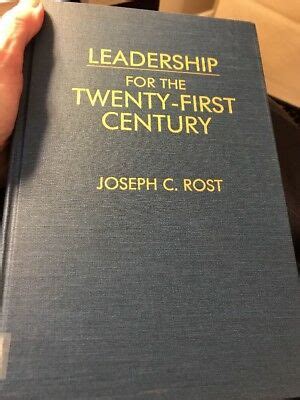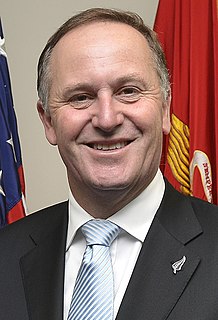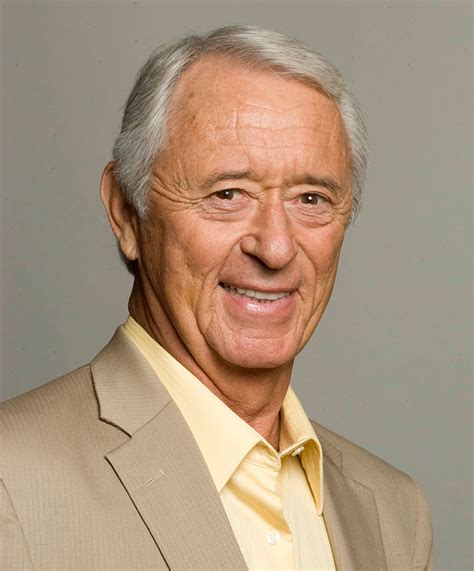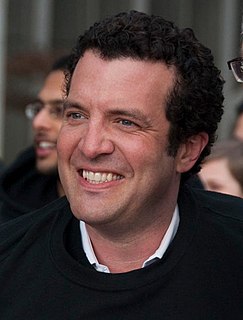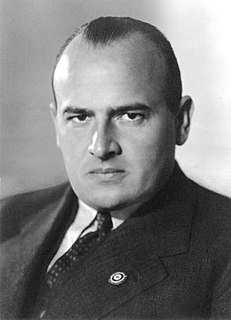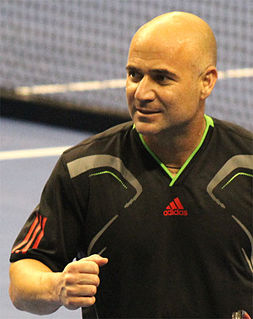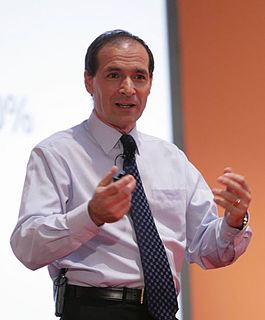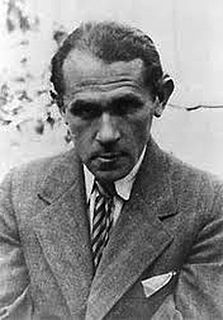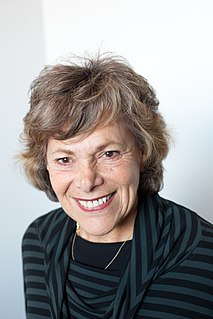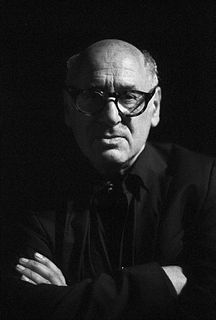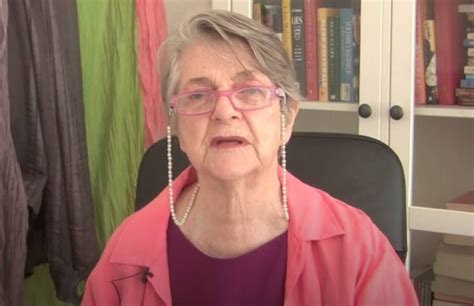Top 1200 Social Events Quotes & Sayings
Explore popular Social Events quotes.
Last updated on November 8, 2024.
Many people believe that decentralization means loss of control. That's simply not true. You can improve control if you look at control as the control of events and not people. Then, the more people you have controlling events - the more people you have that care about controlling the events, the more people you have proactively working to create favorable events - the more control you have within the organization, by definition.
That as people age, accumulate more and more private experiences, their sense of history tightens, narrows, becomes more personal? So that to the extent that they remember events of social importance, they remember only for example 'where they were' when such-and-such occurred. Et cetera et cetera. Objective events and data become naturally more and more subjectively colored.
From the social cognitive perspective, it is mainly perceived inefficacy to cope with potentially aversive events that makes them fearsome. To the extent that people believe they can prevent, terminate, or lessen the severity of aversive events, they have little reason to be perturbed by them. But if they believe they are unable to manage threats safely, they have much cause for apprehension.
News has a way of distancing us from events, even as it informs us about them. News articles almost always present both the event and the responses at the same time - how is President Barack Obama or Congress responding to the events? I think this reflects a deep need we have to feel that things are under control and that events are subject to our influence.
Leadership is the name that people use to make sense out of complex events and the outcomes of events they otherwise would not be able to explain. In other words, people attribute leadership to certain individuals who are called leaders because people want to believe that leaders cause things to happen rather than have to explain causality by understanding complex social forces or analyzing the dynamic interaction among people, events, and environment.
Not only is the Universe aware of us, but it also communicates with us. We, in turn, are constantly in communication with the Universe through our words, thoughts, and actions. The Universe responds with events. Events are the language of the Universe. The most obvious of those events are what we call coincidence.
